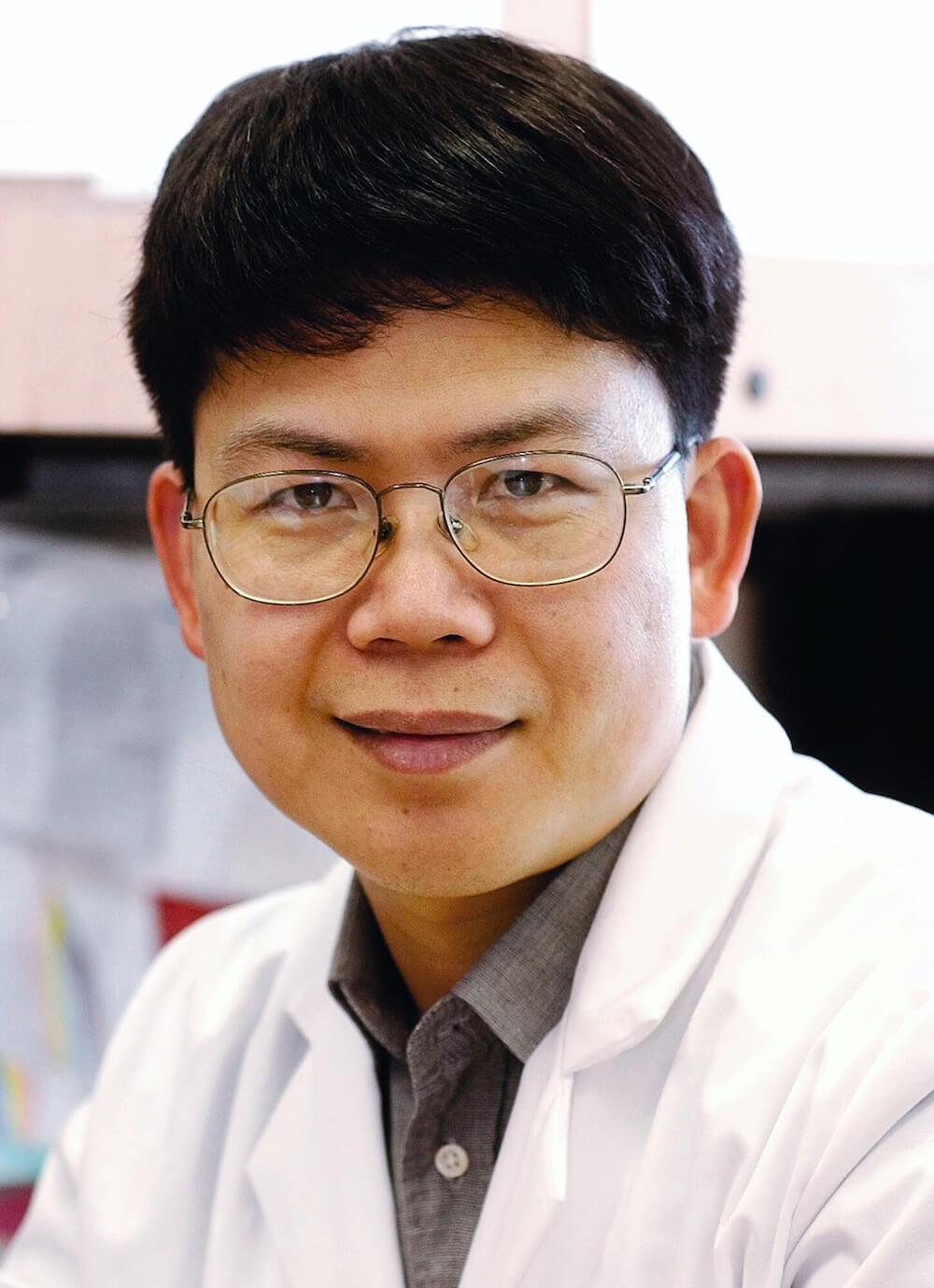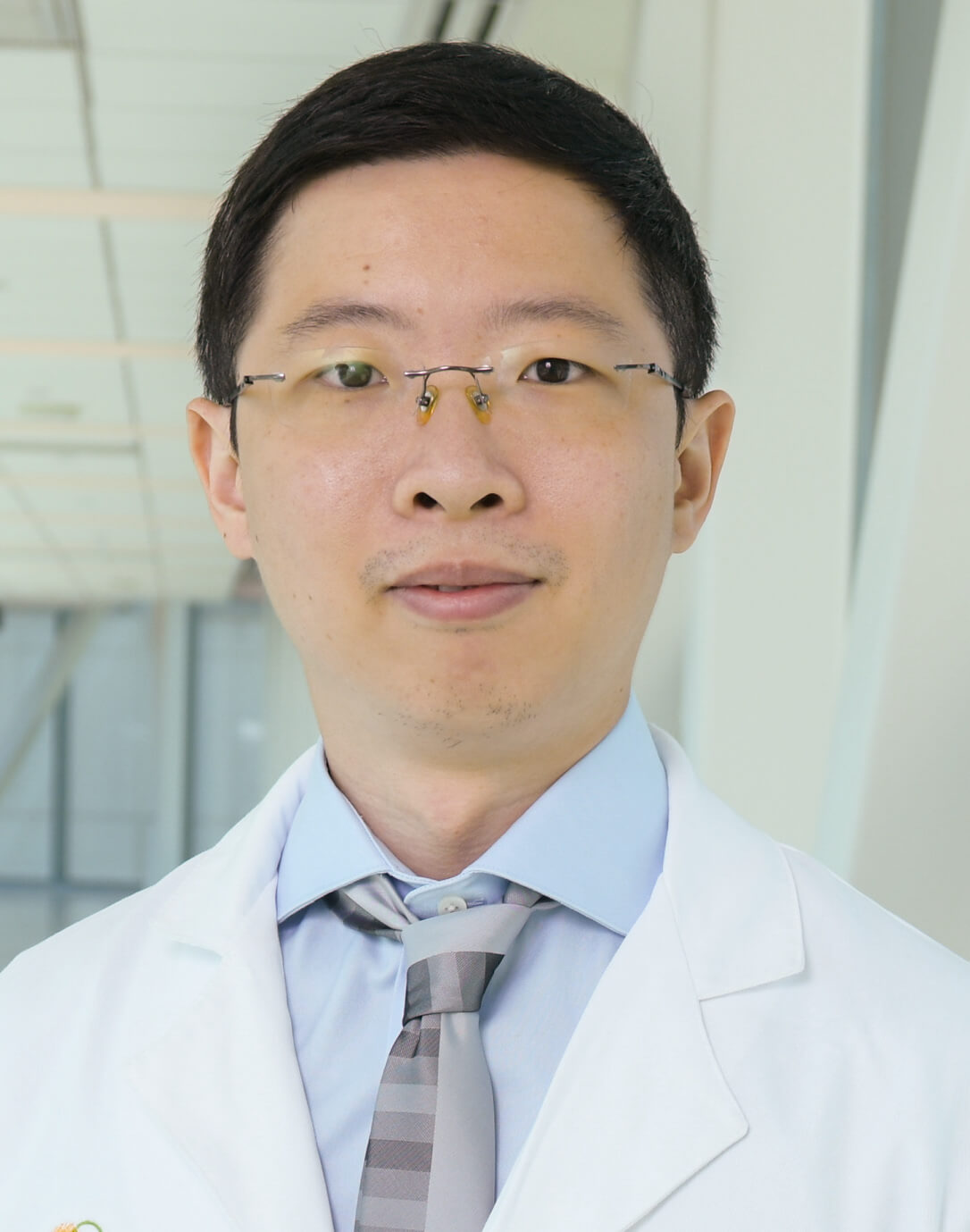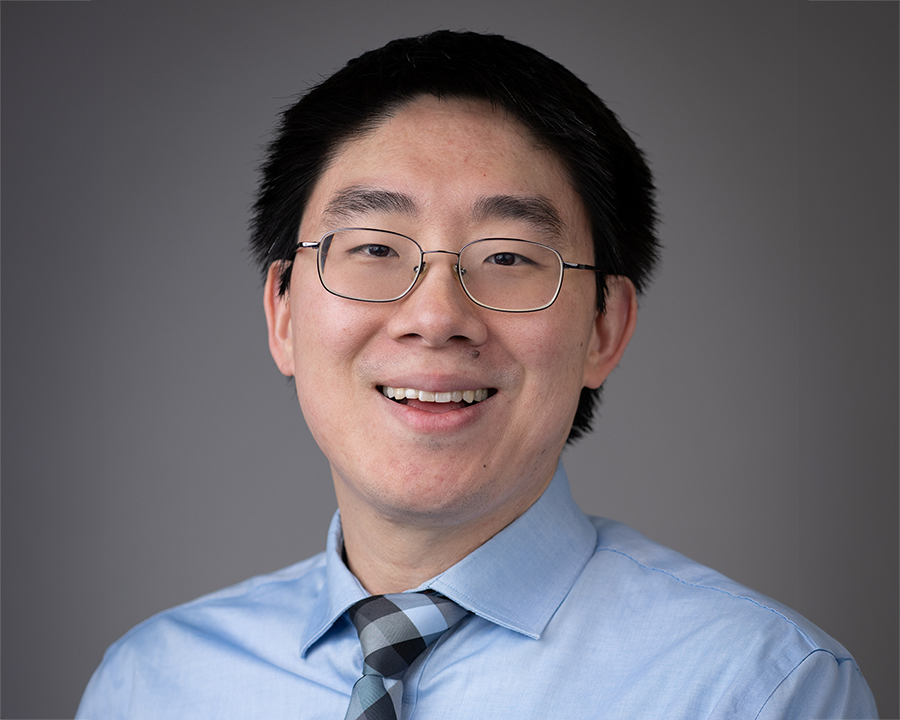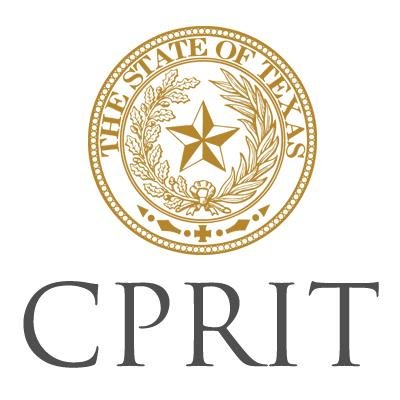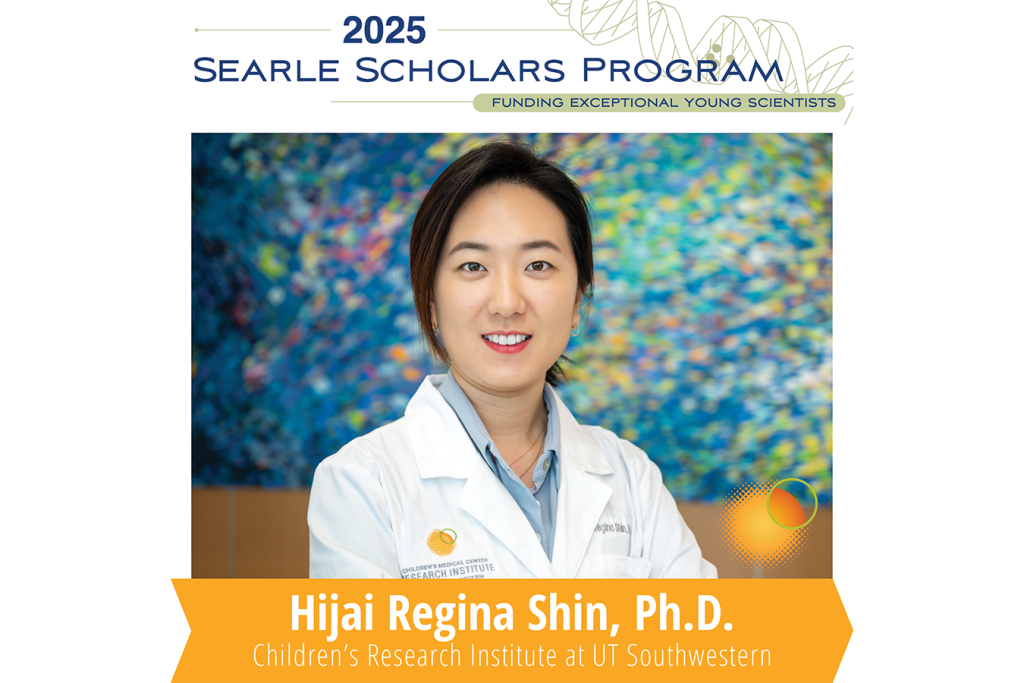UT Southwestern researchers Zhijian “James” Chen, Ph.D., and Sihan Wu, Ph.D., are part of a team that has been awarded a Cancer Grand Challenges grant, a unique award that aims to solve some of cancer’s toughest problems by bringing together global teams with diverse areas of expertise.
The initiative, founded by Cancer Research UK and the National Cancer Institute, will provide 20 million pounds – equivalent to about $25 million – over five years to Drs. Chen and Wu and colleagues from the U.S., U.K., and Germany to learn more about a phenomenon known as extrachromosomal DNA (ecDNA) – circular pieces of DNA that exist outside of a cell’s main DNA bound together in chromosomes.
“It’s a great honor to be part of this stellar team, but it’s also a large responsibility to be entrusted with a lot of resources to solve a difficult problem in cancer biology,” said Dr. Chen, Professor of Molecular Biology and Director of the Center for Inflammation Research at UTSW, a Howard Hughes Medical Institute Investigator, and winner of the 2019 Breakthrough Prize in Life Sciences.
Dr. Chen is one of the world’s leading investigators into innate immunity. His discovery of the cGAS (cyclic GMP-AMP synthase) enzyme, which triggers a pathway that activates the body’s immune system, has opened the door for development of drugs designed to modulate an immune response and fight diseases such as lupus and cancer.
“It’s a unique and unprecedented opportunity to conduct multi-disciplinary studies focusing on ecDNA, to understand how ecDNA-driven cancers interact with the immune system,” said Dr. Wu, Assistant Professor at Children’s Medical Center Research Institute at UTSW.
Dr. Wu, a leading scientist in the ecDNA field, is one of the pioneers who revealed the physical shape and molecular functions of ecDNA in cancer, laying the foundation for the modern biology of ecDNA.
Dr. Chen and Dr. Wu plan to use the funds from Cancer Grand Challenges to better understand whether cGAS detects ecDNA. One of the mysteries of ecDNA in cancers, explained Dr. Chen, is why it doesn’t trigger immune activity. The two scientists aim to discover what mechanisms cancer cells use to evade immune detection, which eventually could lead to new ways to treat cancers with immunotherapy.
Their team is being led by Paul Mischel, M.D., Professor of Pathology at Stanford University, and includes scientists from University of California San Diego, The Scripps Research Institute, Fred Hutchinson Cancer Center, New York University Langone Health, Jackson Laboratory for Genomic Medicine, University College London, Queen Mary University London, University of Cambridge, University College London, and Max Delbruck Center for Molecular Medicine and Charité Berlin.
Dr. Chen is the George L. MacGregor Distinguished Chair in Biomedical Science. Dr. Wu is a Cancer Prevention and Research Institute of Texas (CPRIT) scholar. Drs. Chen and Wu are both members of the Harold C. Simmons Comprehensive Cancer Center.
About UT Southwestern Medical Center
UT Southwestern, one of the nation’s premier academic medical centers, integrates pioneering biomedical research with exceptional clinical care and education. The institution’s faculty has received six Nobel Prizes, and includes 26 members of the National Academy of Sciences, 17 members of the National Academy of Medicine, and 14 Howard Hughes Medical Institute Investigators. The full-time faculty of more than 2,900 is responsible for groundbreaking medical advances and is committed to translating science-driven research quickly to new clinical treatments. UT Southwestern physicians provide care in more than 80 specialties to more than 100,000 hospitalized patients, more than 360,000 emergency room cases, and oversee nearly 4 million outpatient visits a year.
About Children’s Medical Center Research Institute at UT Southwestern
Children’s Medical Center Research Institute at UT Southwestern (CRI) is a joint venture of UT Southwestern Medical Center and Children’s Medical Center Dallas, the flagship hospital of Children’s Health. CRI’s mission is to perform transformative biomedical research to better understand the biological basis of disease. Located in Dallas, Texas, CRI is home to interdisciplinary groups of scientists and physicians pursuing research at the interface of regenerative medicine, cancer biology and metabolism. For more information, visit: cri.utsw.edu. To support CRI, visit: give.childrens.com/about-us/why-help/cri/

